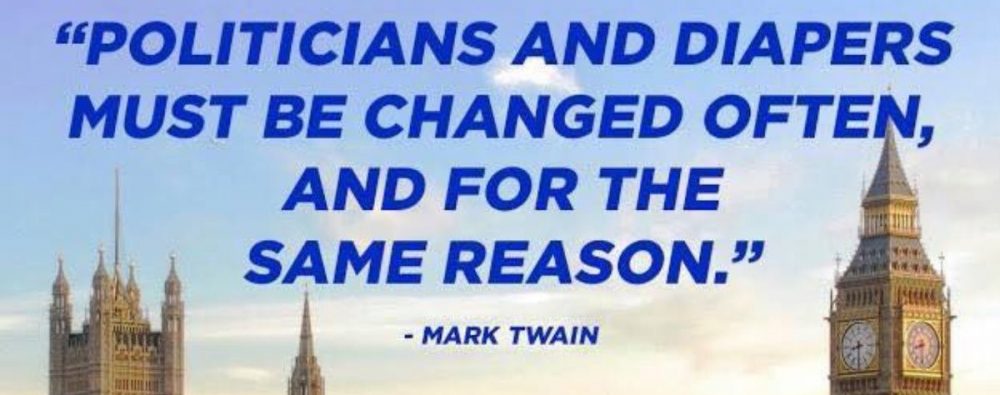When is a Legal Meeting not a Legal Meeting?
When the Dear Leader expels the Public without following the Law.
The Public Bodies (admission to Meetings) Act 1960 states quite clearly that before a meeting can go into “secret Session” the Council has to pass a Resolution.
“Admission to Public Meetings of local authorities and other bodies”
1 (2) A body may by RESOLUTION (my Capitals) exclude the Public from a meeting….. etc etc.
The Law is quite clear, the Council must pass a resolution to ask the Public to leave, Mr Stone did not. So the whole of the session of the Capital programme is open to the Public and if any one requested it under FOI, they would not be able to stop it. ( one for UKIP I think)
This applies to any other past meeting, of which the public have been excluded, in which a resolution was not passed. It also applies to ALL Committees as well.
This is what happens when a majority Labour Party has power, they ignore the Law, but it will always catch up with them.
Stuart Thornton

You’re right, but you’ve got the wrong Act. The Public Bodies (Admission to Meetings) Act 1960 doesn’t apply to principal authorities.
David Wright
LikeLike
@David Wright.
The Local Government (Access to Information) Act 1985 states ‘Admission to meetings of principal councils’
(1)A meeting of a principal council shall be open to the public except to the extent that they are excluded (whether during the whole or part of the proceedings) under subsection (2) below or by resolution under subsection (4) below.
The public shall be excluded from a meeting of a principal council during an item of business whenever it is likely, in view of the nature of the business to be transacted or the nature of the proceedings, that, if members of the public were present during that item, confidential information would be disclosed to them in breach of the obligation of confidence; and nothing in this Part shall be taken to authorise or require the disclosure of confidential information in breach of the obligation of confidence.
(3)For the purposes of subsection (2) above, “confidential information” means—
(a)information furnished to the council by a Government department upon terms (however expressed) which forbid the disclosure of the information to the public; and
(b)information the disclosure of which to the public is prohibited by or under any enactment or by the order of a court; and, in either case, the reference to the obligation of confidence is to be construed accordingly.
http://www.legislation.gov.uk/ukpga/1985/43
What is quite clear is, irrespective of which Act is in force either the meeting must pass a resolution to exclude the public or the agenda must state the public will be excluded from Item xx. The Chairman/woman of any meeting cannot decide on a whim to exclude the public (As Judy Dalton did last week in spite of protests from the public).
Sec.4 of the above Act also says ‘A principal council may by resolution exclude the public from a meeting during an item of business whenever it is likely, in view of the nature of the business to be transacted or the nature of the proceedings, that if members of the public were present during that item there would be disclosure to them of exempt information, as defined in section 100I below.
(5)A resolution under subsection (4) above shall—
(a)identify the proceedings, or the part of the proceedings, to which it applies, and
(b)state the description, in terms of Schedule 12A to this Act, of the exempt information giving rise to the exclusion of the public,
LikeLike
Glad to see you are still taking an interest David.
Kind Regards
Peter
LikeLike
@ David Wright
The actual correct Act is the Local Government Act 1972 Section 100, but both the 1972 and 1960 Acts are basically the same. But whichever act you wish to go by, the fact remains the Cabinet acted illegally when it excluded the Public
LikeLike
So why didn’t the public do as myself and Mr Lewis, that finest of hecklers, do at a Dinnington Town council meeting. I had proved that the council was misusing the 1972 act and when the chairman refused to accept this we staged a sit in; he had to close the meeting and ever since the act has been correctly implemented.
Dave Smith
LikeLike